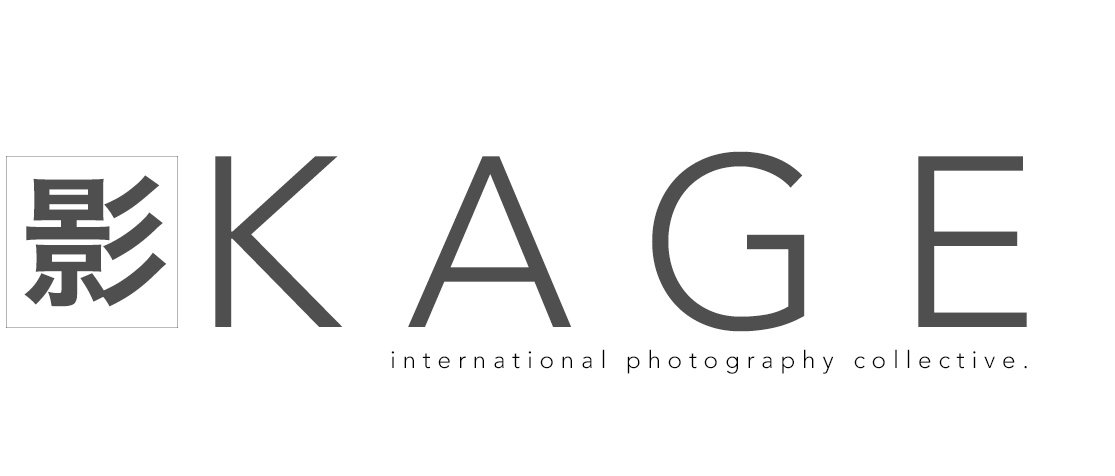Text and photography by Robert Catto
“He aha te mea nui o te ao?
He tangata! He tangata! He tangata!
What is the most important thing in the world?
It is people! It is people! It is people!”
Waitangi Day, 6 February, celebrates the anniversary of the signing of the Treaty of Waitangi between the Crown and 500 Māori chiefs in 1840, which - depending on the translation - allowed the English to remain in Aotearoa and act as administrators for the new country, or else handed sovereignty of the islands to Queen Victoria. The political history of New Zealand since then has revolved around the difference between those two versions of the one agreement.
So when I heard about the celebrations here in Sydney, I wondered what it would be like to celebrate this national day in another country - Australia - with a different history. And I wondered how the Tangata Whenua - 'the people of the land' - fit in, and celebrated their culture, on someone else's turf.
In some ways, it was like being back in New Zealand (where I lived for fifteen years); the symbols and icons of Māoridom were everywhere, from the hāngi to eat, to the pounamu for sale, and an amazing array of tā moko, worn by men and women alike.
What I should really have remembered is the Māori saying, above - and I should have realised: you don't have to be on the land, to be of the land.
If you know where you come from, you know who you are.
Thank you for making me welcome. Ka kite anō.











